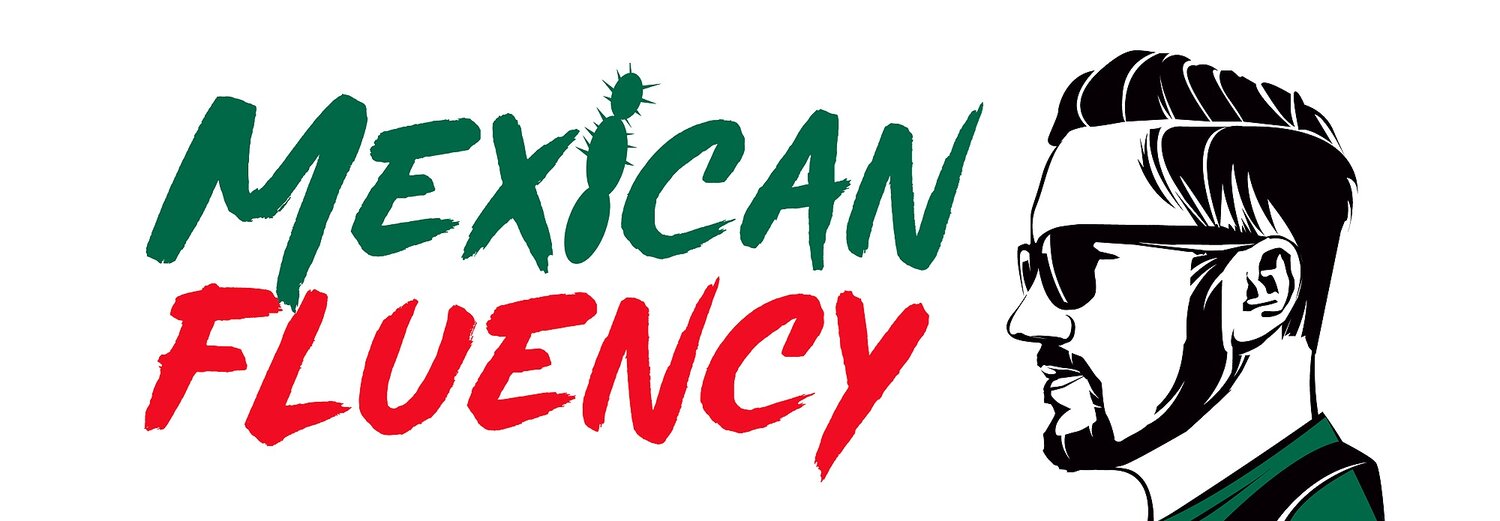Grammar Lesson: Interesting Gender Exceptions in Spanish Nouns
Hola a todos!
Today, we're going to dive into an intriguing aspect of the Spanish language: gender exceptions in nouns. Spanish nouns are generally categorized as either masculine or feminine, but some notable exceptions can trip up even advanced learners.
Let's explore some of these exceptions and their unique rules.
1. El agua
Although "agua" ends in "a," making it seem feminine, it actually uses the masculine article "el" to avoid awkward sounds when spoken. This is an exception in Spanish where the word is feminine, but the article used is masculine.
Example:
El agua está fría.
(The water is cold.)
2. El reloj
"Reloj" is a masculine noun despite not ending in the typical "o." This word defies the common expectation that masculine nouns end in "o" and feminine ones in "a."
Example:
El reloj es nuevo.
(The clock is new.)
3. El día
Despite ending in "a," "día" is masculine. This is another example where the ending of the word does not match the usual gender rules.
Example:
El día es soleado.
(The day is sunny.)
4. La mano
"La mano" is a feminine noun even though it ends in "o." This word is a classic exception to the general rule.
Example:
La mano está limpia.
(The hand is clean.)
5. El problema
Words that end in "ma" like "problema" are masculine, which can be confusing since they seem like they should be feminine due to their ending.
Example:
El problema es complicado.
(The problem is complicated.)
6. El mapa
"Mapa" ends in "a" but is masculine. This exception is important to remember since it doesn’t follow the typical gender ending rules.
Example:
El mapa es detallado.
(The map is detailed.)
Why These Exceptions Matter
Understanding these exceptions is crucial for mastering Spanish. They highlight the importance of learning gender on a case-by-case basis and not solely relying on endings. This knowledge helps you speak more naturally and avoid common mistakes.
Learn More with "How to Learn Spanish" Podcast
If you find these exceptions fascinating and want to delve deeper into the Spanish language, check out my revamped, beginner-friendly podcast, "How to Learn Spanish".
Available on Spotify and Apple Podcasts, this podcast offers insights into various aspects of learning Spanish, making it easier and more enjoyable for you to achieve fluency.
Grammar Articles and Courses
This is just the beginning of our grammar topic series!
We'll be doing grammar articles here and there to help you strengthen your understanding of Spanish. You can also join my grammar courses to bone up on your skills:
Stay tuned for more tips and tricks on mastering Spanish right here at MexicanFluency.com!
¡Hasta la próxima!
